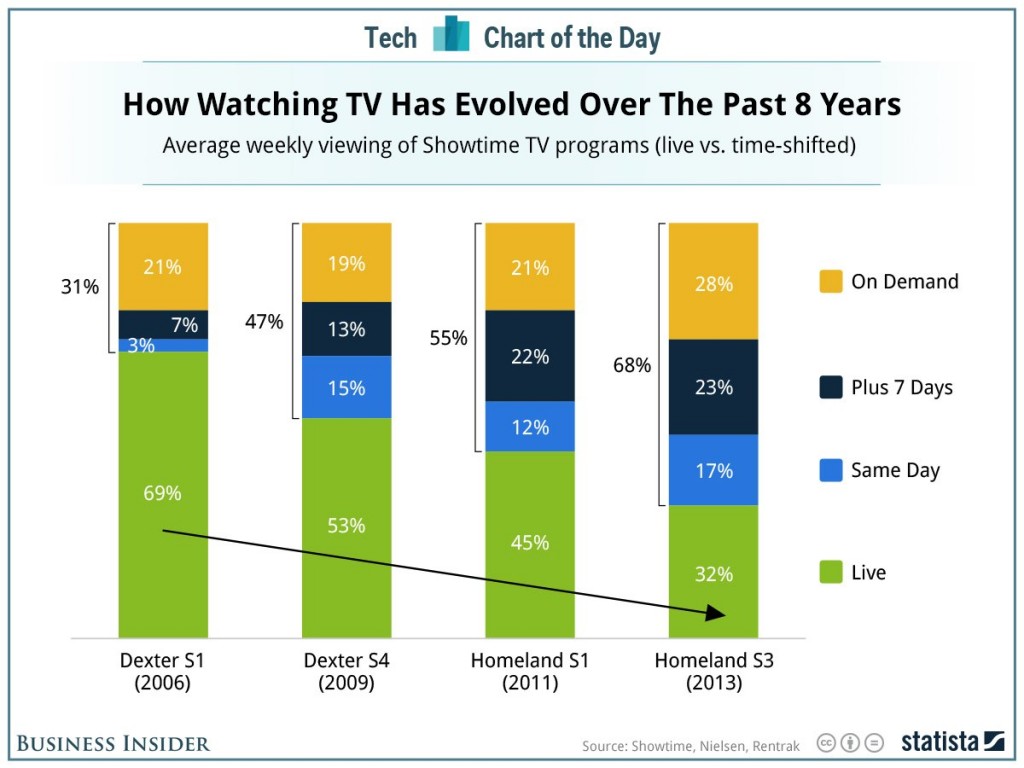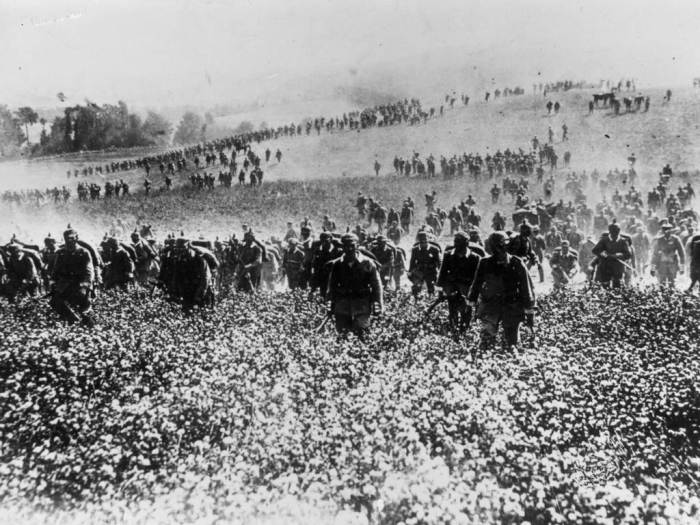Lovely column by Jack Shafer about why news headlines seem so familiar. Sample:
But the periodicity of the news has another cause, as press scholar Jack Lule discovered more than a decade ago in his book Daily News, Eternal Stories. Lule proposed that the news was less a pure journalistic creation than it was the modern expression of ancient myths.
Like many all-encompassing formulas, Lule’s reduction of news into myth suffers by attempting to explain too much. But after reading his book, you can’t help but notice how many front-page stories collapse into the seven master myths he assembles (which will sound familiar to anybody who has brushed up against Joseph Campbell’s The Hero With a Thousand Faces): the victim, a casualty of randomness or a villain; the scapegoat, who is punished for straying outside the social order; the hero, who smites evil; the good mother, who “offers maternal comfort and protection”; the trickster, the rogue who disturbs the social order; the other world, typically foreign countries; and the flood, or any other disaster.
Lovely stuff. Worth reading in full.




